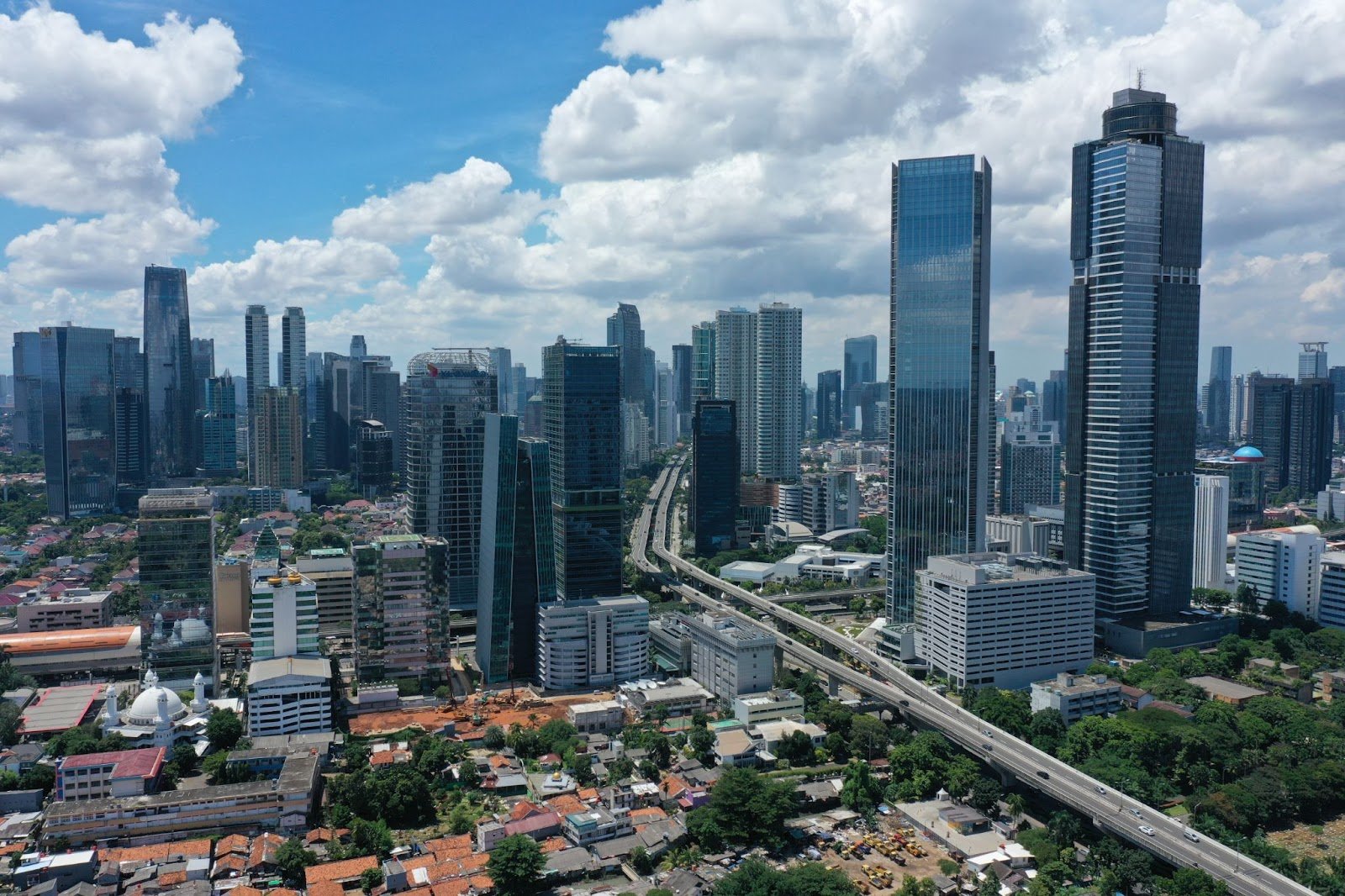With a new era of government leadership, Indonesia’s property market is set for a fresh wave of growth and optimism. Despite ongoing global uncertainties and lingering effects of the pandemic, Indonesia’s property sector continues to be robust and a hotspot for foreign investors.
Property Sector’s Contribution to Indonesia’s GDP and Economic Growth
Industry experts are confident that the property sector will play a substantial role in Indonesia’s GDP growth by the end of 2024. According to Adrianto P. Adhi, President Director of PT Summarecon Agung Tbk, quoting Liputan6.com
“Property is the locomotive of national economic growth, impacting over 185 related sectors. When demand surges, so does development, creating a ripple effect across these industries.”
In 2023, Indonesia’s Central Statistics Agency (BPS) reported a significant IDR 343.86 trillion contribution to the GDP from the real estate sector alone, which employs between 13 and 18 million people—a testament to its resilience in an uncertain global market.
Indonesia: A Strong Property Market in Asia
Rusmin Lawin, Deputy Chair of the REI DPP for Foreign Relations, highlighted that Indonesia and Vietnam currently lead the property investment space in Asia, quoting Kompas.com.
“If we talk about property investment in Asia, Indonesia and Vietnam have the most potential, with Indonesia holding an edge due to its political stability and larger market size.” said Rusmin in Investor Market Today, Friday (10/25).
Rusmin attributes this investor interest to Indonesia’s large population and abundant raw materials, which together create an attractive market for foreign investment.
“Indonesia has a large market with a demographic bonus and has abundant sources of raw materials. This is what makes Indonesia attractive to investors,” said Rusmin.
Jakarta Property Market Remains Steady
Reporting from INDUSTRY.co.id, JLL Indonesia’s “Property Market Review Quarter III – 2024” reports strong growth in Jakarta’s property market, particularly in the CBD’s Class A office rental sector, where occupancy rates remain around 70%.
Outside the CBD, housing occupancy is steady at 71%, with the highest absorption seen in South Jakarta.
“We note a positive uptick in premium office space, with demand rising consistently since early 2023.” Yunus Karim, Head of Research at JLL Indonesia reports in Kompas.com
Rental rates for Grade A and premium spaces increased by 0.7%, marking a recovery from a long-standing decline since mid-2015. Retail occupancy also remains high, largely fueled by the expansion of F&B and fashion brands.
The condominium market in Jakarta saw increased sales, especially in new projects like Two Sudirman and LRT City Tebet.
Head of Advisory JLL Indonesia, Vivin Harsanto, said that buyers are especially drawn to properties with accessible transportation, particularly in the Bodetabek (Bogor Depok Tangerang Bekasi), areas surrounding Jakarta.
Foreign Investor Interest Expands Beyond Jakarta
Indonesian property ownership is available to both Indonesian citizens and foreign nationals, although the process is more streamlined for locals.
According to Lukas Bong, General Chair of the Indonesian Real Estate Broker Association (AREBI), besides Jakarta, Batam and Bali are top targets for foreign investors.
The proximity of Batam to Singapore makes it an attractive investment location for Singaporean investors.
“Indonesia offers sustainable growth opportunities and attractive portfolio diversification, not only in Jakarta but across various cities,” says Farazia Basarah, Country Head and Head of Logistics & Industrial at JLL Indonesia.
Indonesia’s Sustainable Economic Growth and Policy Support
With economic growth projected between 4.7% and 5.5% by year-end, Indonesia remains a compelling investment destination within Southeast Asia.
“Indonesia’s economic stability, combined with a young demographic, has spurred investor interest across residential, industrial, and data center sectors.” said Farazia as quoted by INDUSTRY.co.id.
Furthermore, government incentives such as Property Value Added Tax Borne by the Government (PPN DTP) aim to make property ownership more accessible, especially for younger buyers, thereby fostering growth in the domestic property market.
The ongoing support from both the government and a vibrant market environment indicates that Indonesia’s property sector will continue to be a major contributor to the economy and a beacon for global investors.
Sumber: Detik.com, INDUSTRY.co.id, Kompas.com, Liputan6.com


